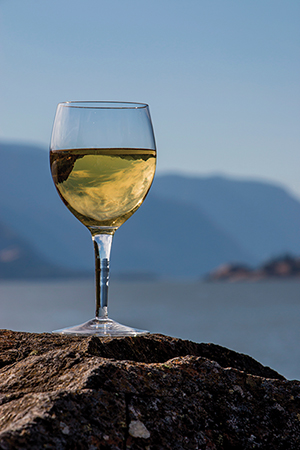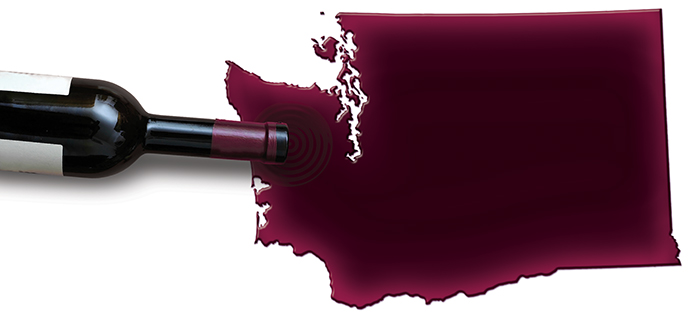The wait is over.
After spending five years of local anxiety, the Department of Energy (DOE) kept its commitment and transferred 1,641 acres (664 hectares) of Hanford land to the Tri-City Development Council (TRIDEC). The land is less than 0.5 percent of the total Hanford site, and yet it is a significant start to developing business and industry near the nuclear reservation. The land will be used to develop an industrial park for new business, with a portion set aside to attract solar energy companies.
Another goal is to replace jobs lost at Hanford as portions of environmental cleanup are completed or less federal money is spent on the project. However, TRIDEC does not intend to make any profit through the transfer of the 1,641 acres, and there is currently no business interest in the land. TRIDEC will transfer the land to the City of Richland, Port of Benton and Benton County at what it cost TRIDEC to acquire it no later than Dec. 31, 2015.
Carl Adrian, president and CEO of TRIDEC, says the historic win will fuel economic growth throughout the region. The deal was pushed through by a consistent effort from TRIDEC, Benton County and Richland city officials as well as major legislation passed last year by former Congressman Doc Hastings. Hastings had been on the verge of getting the DOE to transfer the land, and right before his term was up the deal came through, providing the city with a chance to take on new expansions.
A Toast to Prosperity
Wine sales and production are at an all-time high in Washington. It’s not well known that the state is the second largest producer of wine in the country behind California. A recent study by Washington State Wine shows an increase in total state economic impact of $1.3 billion since 2009, or a compound growth rate of 8.5 percent per year. In 2013, 800 wineries in Washington sold nearly $1.5 billion worth of wine, and the number of wineries increased from 650 in 2009 to 800 in 2013.

“Much of the growth can be attributed to the growing labor pool,” says Adrian. “The Wine Science Center at the Washington State University [WSU] Tri-Cities campus is a world-class facility that trains students on how to make wine.” The university offers an enology certificate program tailored for students interested in grape-growing and winemaking. Students complete a series of online courses taught by WSU faculty and leaders in the Washington grape and wine industry over a two-year period.
Vintners Logistics is headquartered in Kennewick, Wash., and provides third-party warehousing and transportation services for over 1,000 Washington and Oregon wineries, food processors and wine distributors. “After two years of research, interviews and analysis, I decided to locate in Kennewick to be in the heart of the Washington wine industry,” says Robert Thompson, owner of Vintners Logistics. “With over 400 wineries and food processors located within an hour drive, plus the multi-mode transportation infrastructure, Tri-Cities is the premier location.”
The company has benefited from the growth of wineries in the area, and is part of a growing wine culture rooted in the state’s strong food processing sector. Barring major climate events, grape yield forecasts show continued growth of 5 to 9.1 percent per year through 2019, when wine grapes harvested are expected to exceed 300,000 tons, according to the study by Washington State Wine.
Titanic Tacoma
The city of Tacoma is making strides in energy and water technology. Several natural gas projects expected at the Port of Tacoma will total an investment of around $2 billion. North West Innovation Works has plans to construct a new $1.2-billion methanol plant, Puget Sound Energy will also build a new liquefied natural gas plant at the Port of Tacoma, and ECO Building Products is contracting a new production facility.
“With over 400 wineries and food processors located within an hour drive, plus the multi-mode transportation infrastructure, Tri-Cities is the premier location.”
The city is using a ripple effect to branch out into clean water technology, and is putting in efforts to clean up Puget Sound. After rainwater became an unlikely culprit, carrying leftover industrial pollutants and other airborne toxins last year, Tacoma is now investing in a number of rainwater gardens to combat pollution and engage with more clean water technology.

